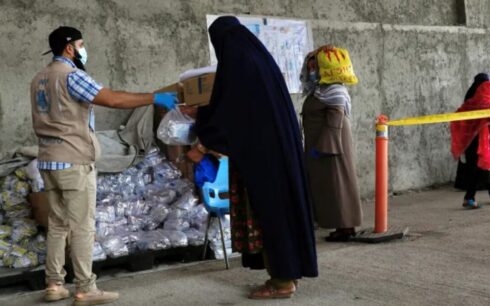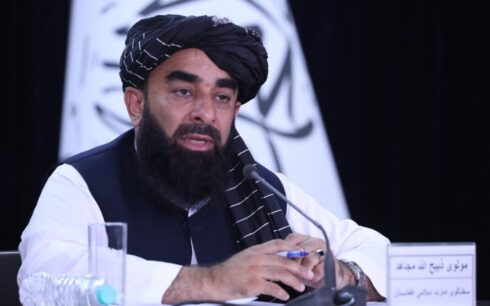WASHINGTON — President-elect Donald J. Trump has chosen Kash Patel, a former Pentagon chief of staff and outspoken critic of the Taliban, as his nominee for director of the Federal Bureau of Investigation.
Patel, known for his sharp denunciation of the Biden administration’s withdrawal from Afghanistan, once described the Taliban’s return to power as akin to the resurgence of al Qaeda.
Born on February 25, 1980, Mr. Patel has extensive experience in defense and national security. He held senior roles in the White House and the Department of Defense during the Trump administration, where he played a pivotal role in crafting the conditions-based withdrawal strategy for U.S. forces in Afghanistan in 2020.
In a 2021 op-ed for the New York Post, Mr. Patel outlined his involvement in the Trump administration’s exit plan. “President Trump tasked me with designing a methodical, conditions-based withdrawal plan that safeguarded U.S. national interests while ending the war,” he wrote. He has since been a vocal critic of President Biden’s handling of the withdrawal, which he claims led to the chaotic collapse of Afghanistan’s government and the Taliban’s resurgence.
Warnings on Taliban and Al Qaeda
Mr. Patel has repeatedly expressed concerns about the Taliban’s return to power. In a 2022 interview on Patel’s Corner, he warned that the Taliban’s resurgence could pave the way for al Qaeda’s revival in Afghanistan.
“It’s not like since we left, Afghanistan is just this peaceful place. In my opinion, I think it’s gotten worse. And what happens when you let the Taliban, that is now run by terrorists, who comes back? Al-Qaeda. That’s their homeland,” he said in an interview in January 2022.
He also predicted that the United States might need to redeploy conventional military forces to Afghanistan within 18 months, citing the escalating influence of the Taliban and growing instability.
Trump’s national security team
Mr. Patel’s potential appointment is part of a broader strategy by Mr. Trump to assemble a national security team deeply familiar with Afghanistan and critical of the Taliban. Other reported choices include:
Mike Waltz, a Trump ally and former Green Beret, as national security adviser.
Marco Rubio, known for his hawkish stance on foreign policy, as secretary of state.
Pete Hegseth, a veteran and television personality, as secretary of defense.
Elise Stefanik, a close Trump confidant, as U.S. ambassador to the United Nations.
The Taliban, whose foreign minister, Amir Khan Muttaqi, has cited the Doha Agreement as the cornerstone of U.S.-Taliban relations, may view a second Trump administration with apprehension. In a post-election statement, the Taliban’s Ministry of Foreign Affairs emphasized their desire to maintain engagement with Washington.
At the same time, regional powers like China, Iran, and Russia have shown signs of concern. A flurry of high-level visits between these nations and Taliban officials in recent weeks suggests preparations for potential shifts in U.S. foreign policy under a second Trump term.
Mr. Trump’s rhetoric on Afghanistan and his choices for key cabinet positions hint at a potentially tougher U.S. stance toward the Taliban. While some view his comments as campaign positioning, analysts say his cabinet picks could herald a significant pivot in America’s engagement with Afghanistan.





